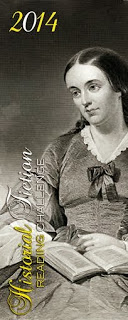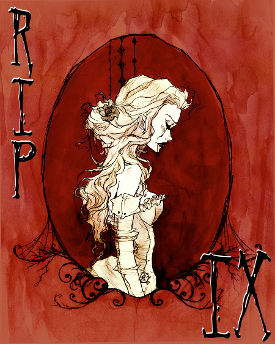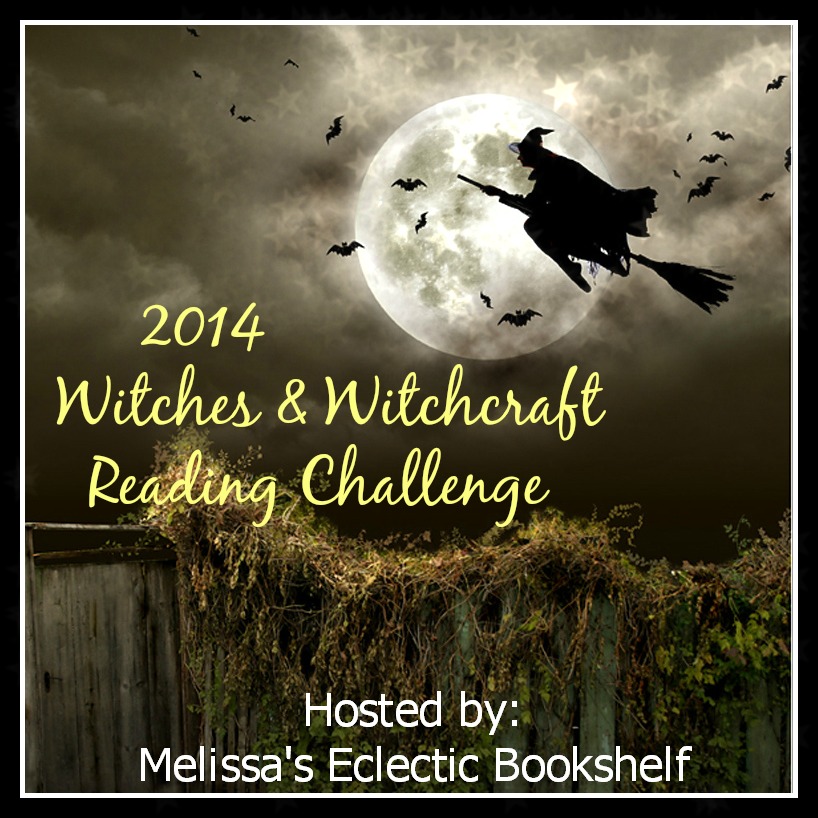I have to admit that the back of the jacket book blurb convinced me to read this book:
Did Sir Isaac Newton’s ambition drive him to murder? A haunting literary thriller in which a contemporary Cambridge murder story becomes entangled with a true-life historical mystery involving Isaac Newton’s alchemy.
A Cambridge historian is found drowned, leaving her study of Isaac Newton’s rise in fame unsolved. Her fellow writer, Lydia Brooke, agrees to finish the book as a favor to the historian’s son, a neuroscientist with whom she had a long affair. But her attempt to complete the book’s final chapter, and her return to her former lover’s orbit, put her in mortal danger as she uncovers troubling evidence surrounding Newton. As Lydia becomes ensnared in a conspiracy that reawakens ghosts of the past, the seventeenth century slowly seeps into the twenty-first, with the city of Cambridge the bridge between them.
In the end, I’m not sure the book delivers on this promise. Rebecca Stott has clearly done a huge amount of research for Ghostwalk, and I found the format of the book interesting as well. At times, we glimpse chapters from the fictional historian Elizabeth Vogelsang’s unfinished book and the novel paints a vivid picture of Cambridge, both in the seventeenth century and modern age. But in the end, I feel like it doesn’t quite cohere. Maybe it isn’t meant to because it is based on so much speculation, and as a result, the threads remain elusive and don’t quite join together. One clear thread woven throughout the book, from present to past and back again, is the dangers of obsession, whether in the name of science or rooting out the truth. Stott quotes a line from Swift in response to an excuse having “more plausibility than truth” (263). In its way, the book is an interesting comment on the fictions we tell ourselves or the stories we’re told that in many ways are much more believable than the truth.
The book was a true page-turner, and it’s the first book I’ve read in a while that I didn’t want to put aside and that I actively looked forward to picking back up again. I don’t know what is up with my luck lately, but I haven’t been picking books that are grabbing me. I really liked the references to Macbeth sprinkled throughout the text, and I find literary thrillers a lot more fun, when they’re well done, than your average thriller. Still, I wish that the various strands of the story had come together a little more elegantly.
Rating:







